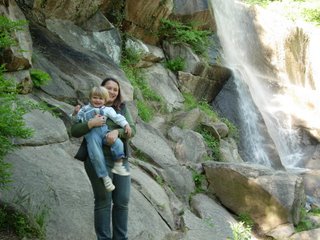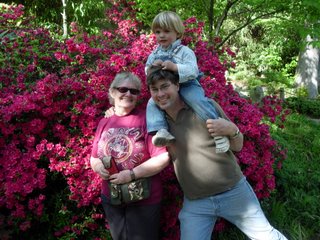The plane was full from New York to Kuala Lumpur. The man sitting next to me was American.
‘Your first trip to Malaysia?’ I asked at some point, one of those casual questions you tend to ask of a fellow sufferer on a long flight.
No, he said. He had been an American Peace Corps volunteer in Malaysia, back in the early 70s, he explained, and named the institution where he had been a lecturer.
I was startled. My husband had been one of the Malaysian initiators of that programme at a time when the country was short of tertiary science teachers prepared to teach in the Malay language and when many local educatonists and some politicians were scornful of the idea that science could ever be taught in the national language at university level. (From a modern perspective, this attitude seems incredibly strange. The past truly is another country.) A few dedicated Malaysians, a handful of Indonesians and members of the American Peace Corps proved the doom-sayers wrong.
Several among the Corps had become good friends to my husband and me. During the initial Malay language learning period, one American family was hosted by my in-laws in their village home. Much later, another – I’ll call him K – asked my husband to be his wakil (negotiating rep) for his engagement and marriage to a Malaysian. He’s looked us up on a more recent visit to Malaysia.
‘But you must know my husband!’ I exclaimed to my fellow passenger, and gave the name. ‘In fact, you and I have probably met before.’
He did indeed remember my husband, and yes, we probably had met a few times thirty-five years ago. ‘You’re an author, aren’t you,’ he said, ‘and you have a daughter in the US, and another who’s a musician in the UK.’
I was staggered. ‘How on earth did you know all that?’
‘Oh,’ he replied, ‘K drove me to the airport this evening, and he was telling me about you.’
K, of course, had no idea I had been in N.Y., let alone that on the plane I was going to be sitting next to the friend he had so kindly driven to Newark Airport. (Years before, he’d done the same good deed in reverse – he’d picked up our newly-arrived daughter at the airport and taken her to the Cornell post-grad campus in Manhattan.) Out of all the 300 plus people on that plane, none of whom I recognised, I was seated next to someone I had once met – who had been talking about me on the way to the airport!
Now that’s a coincidence.
They do happen. And many real-life coincidences are even odder than this one.
And yet coincidences are dangerous things to include in a story because, written down, they seem so trite and contrived. They jerk the reader out of his belief. The person who comes across them in literature tends to curl his lip up in a sneer, and mutter something about writers who think their readers must be pigeon-brained poodles to believe that sort of rubbish…Life Is Not Like That, they state.
Well, life is like that. But the good writer also has to be beware of writing too realistically. Sometime you can be too real for your own good.
There are ways of getting around the unbelievability of the coincidence, of course. Not confusing the unlikely with the impossible is a beginning. Having your characters comment on the unbelievability is (illogically) another way. Or you can, like Dan Brown, keep the action going at such a frenetic pace that the unlikely bits don’t have time to register on the reader…




